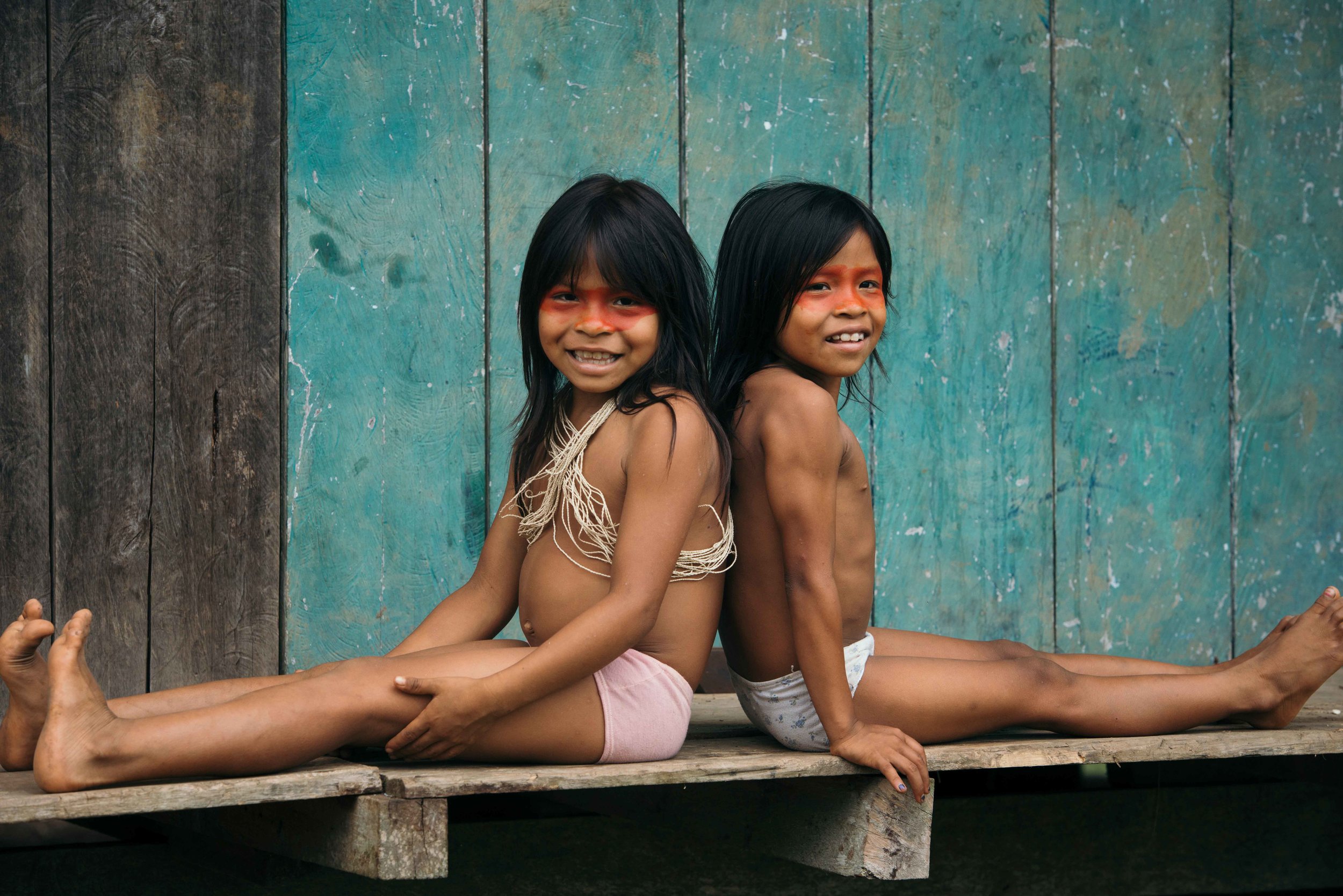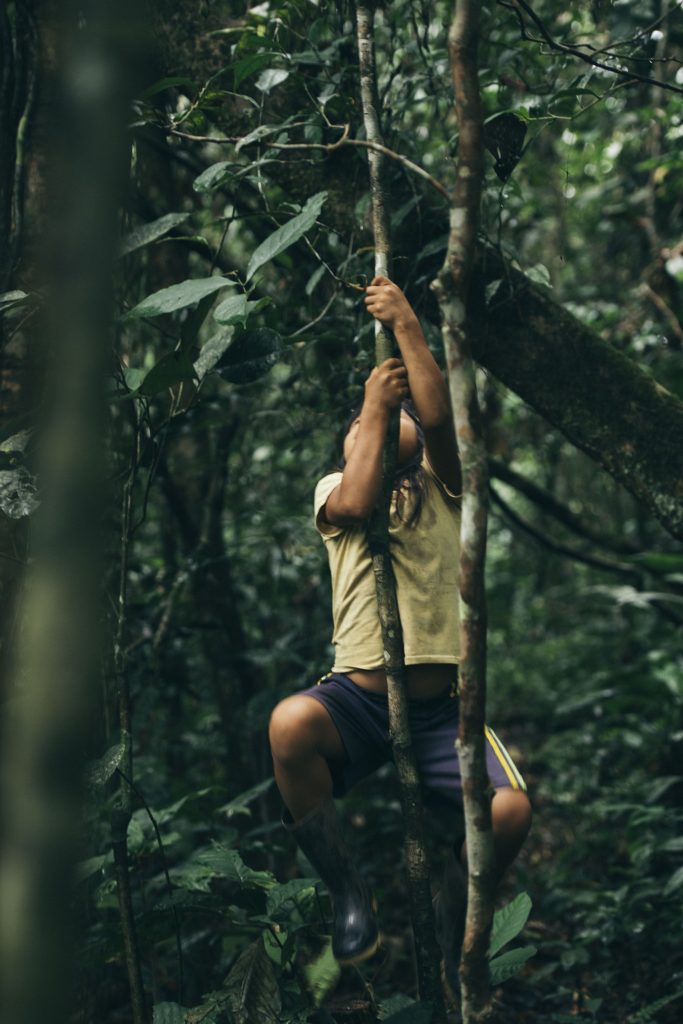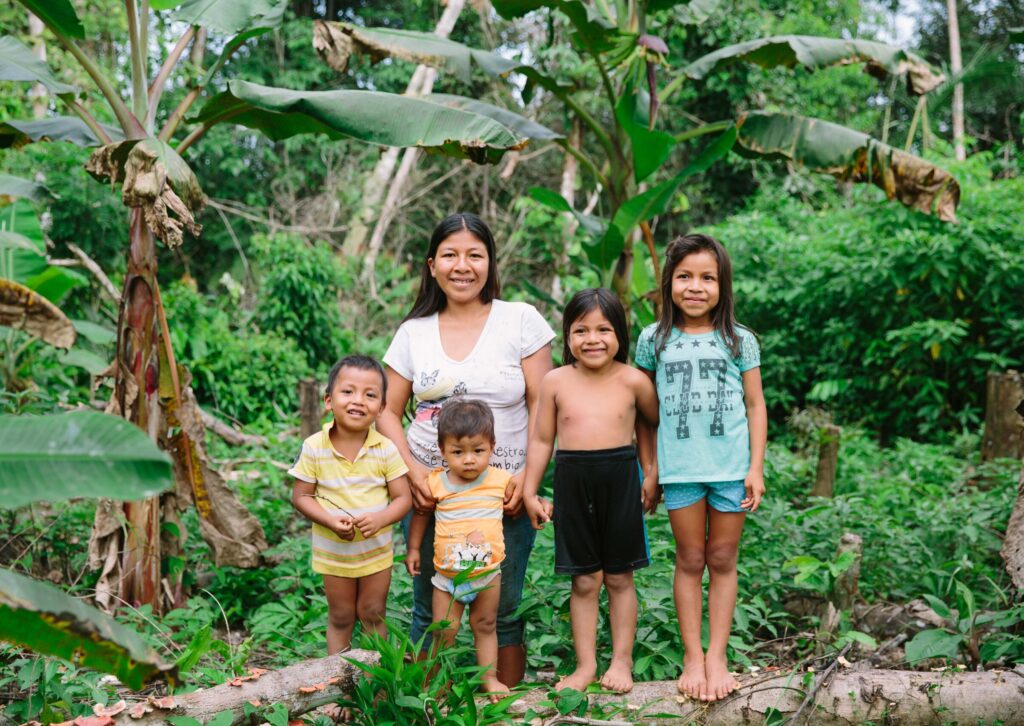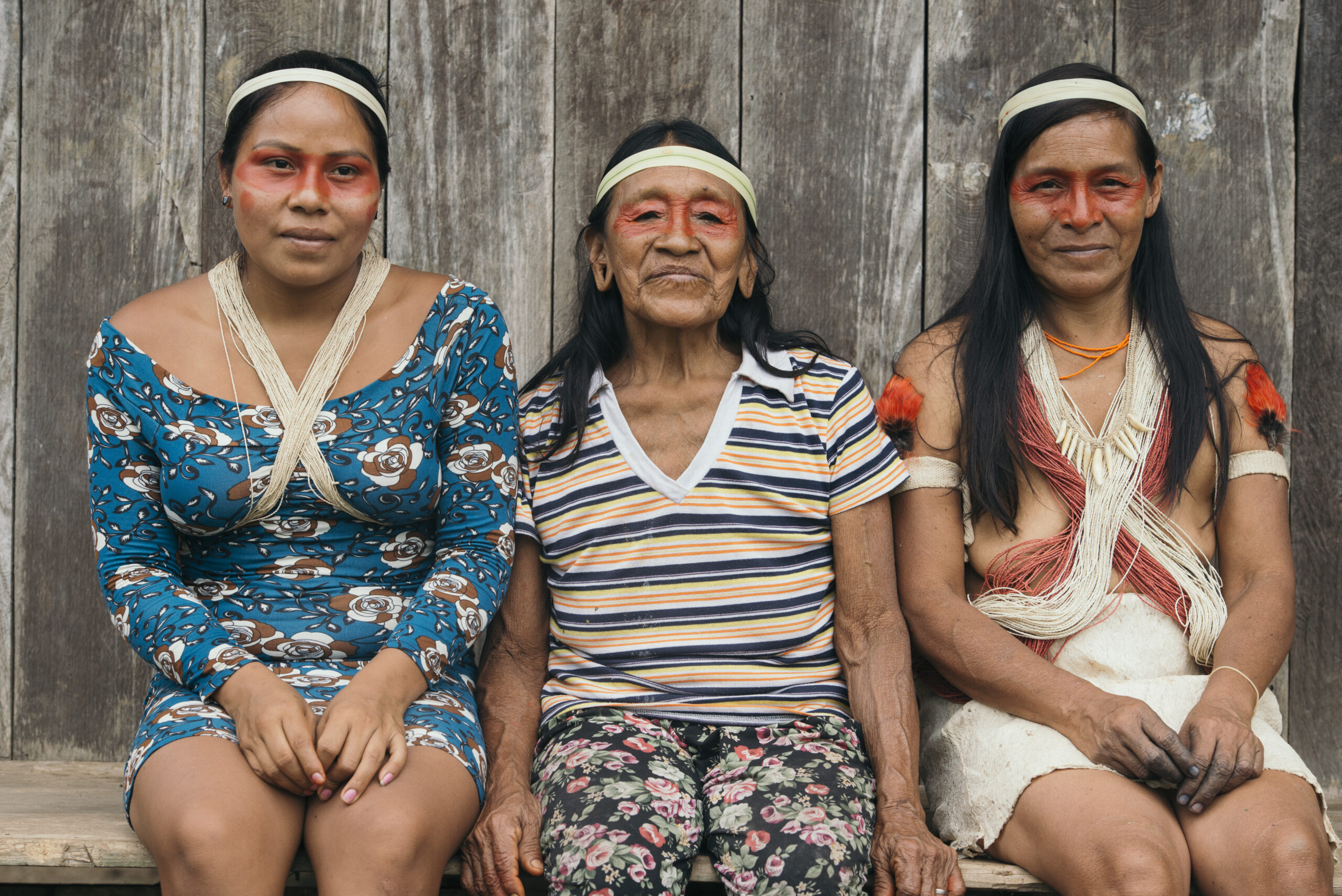Transforming
systems from
the roots


Holistic empowerment encompasses various processes that focus on strengthening one’s own and people's agency, power, confidence, healing and dignity. It means that by changing structures, but also by empowering ourselves and working collectively for change, we have the potential to transform the system as a whole. It also includes the premises of generosity, gift, and reciprocity, meaning that more for you is also more for me.
In our partnerships with Indigenous and local communities, and especially with Indigenous women, we strengthen their leadership and organizations so that they can shape their own destinies. This includes strengthening the revitalization of the Indigenous bioeconomy along with their skills, knowledge and advocacy for regenerative economies and their efforts to reclaim their territories, rights and dignity.
Within a broader economic and political system that has historically and deliberately excluded, exploited and violated Indigenous peoples and rural communities – especially Indigenous women – their lands, bodies, cultures, epistemologies and rights, it is revolutionary to rebuild regenerative economies based on their desires and needs, while strengthening their capacities and possibilities.
Love For Life's work is directed towards building and shaping bio-economies through which Indigenous and local communities can regain stewardship of their territories and over their ecological production.
Impact
In-Depth
Indigenous-led bioeconomies provide sustainable livelihoods that reduce dependence on economies based on social and environmental exploitation. By producing, processing and marketing organic and forest-friendly products, Indigenous communities regain confidence and dignity, while gaining financial security in a changing world.
Strengthening the self-empowerment of Indigenous women, who are often at the forefront of practicing and modeling traditional and regenerative agriculture, increases their decision-making power and economic independence. This transformation not only increases gender equality and women’s self-esteem and social recognition, but also builds long-term community resilience.
By revitalizing traditional Indigenous knowledge and reclaiming their expertise and sense of agency, communities rediscover their cultural heritage, customs and identity. This process, driven by dialogue, accompaniment and collective recollection and memory of traditional practices and native seeds, ensures the survival of important cultural practices, plants and sites that are closely linked to ecosystem and cultural revitalization.
By protecting and diversifying the use of native plants and seeds, and by processing and adding value to forest-based products, Indigenous and rural families are enriching biodiversity and creating new opportunities for viable economic alternatives to harmful activities such as deforestation, logging and mining.
Economic empowerment enables the formation of women’s and community groups and organizations in which Indigenous peoples discuss common challenges and mobilize for regenerative practices, land rights and political recognition, further strengthening their autonomy, stewardship and governance over their ancestral territories.

Explore our
Holistic Empowerment
Program

